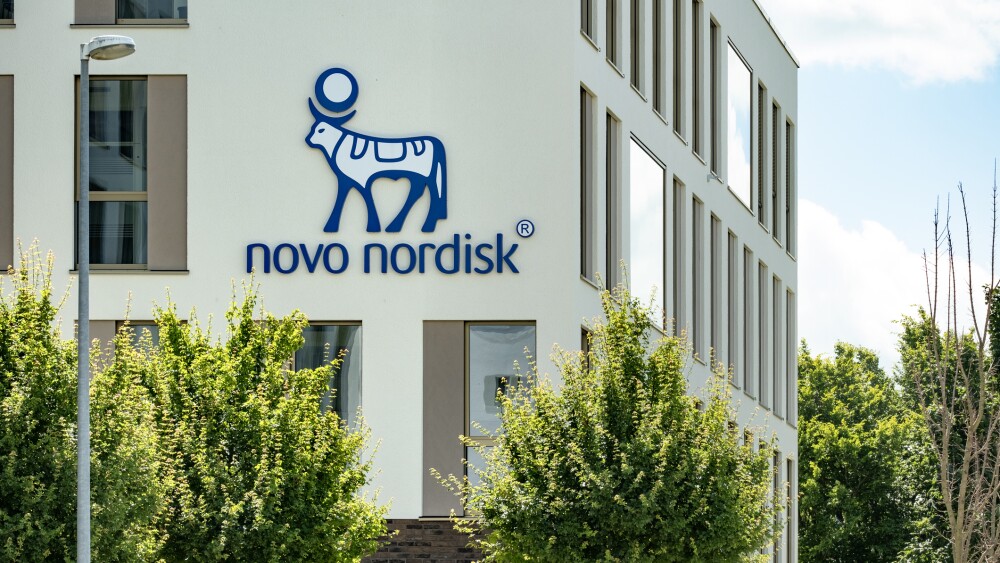Concurrent with the execution of this exclusive license agreement, BioTime has entered into a Sponsored Research Agreement with UCLA to support on-going pre-clinical work in Dr. Carmichael’s laboratory to advance the understanding of this technology and develop data in support for the potential filing of an Investigational New Drug Application (IND) for human clinical trails.
About BioTime, Inc.
BioTime, headquartered in Alameda, California, is a biotechnology company focused on regenerative medicine and blood plasma volume expanders. Its broad platform of stem cell technologies is enhanced through subsidiaries focused on specific fields of application. BioTime develops and markets research products in the fields of stem cells and regenerative medicine, including a wide array of proprietary PureStem™ cell lines, HyStem® hydrogels, culture media, and differentiation kits. BioTime is developing Renevia™ (formerly known as HyStem®-Rx), a biocompatible, implantable hyaluronan and collagen-based matrix for cell delivery in human clinical applications. BioTime's therapeutic product development strategy is pursued through subsidiaries that focus on specific organ systems and related diseases for which there is a high unmet medical need. BioTime's majority-owned subsidiary Cell Cure Neurosciences Ltd. is developing therapeutic products derived from stem cells for the treatment of retinal and neural degenerative diseases. BioTime's subsidiary OrthoCyte Corporation is developing therapeutic applications of stem cells to treat orthopedic diseases and injuries. Another subsidiary, OncoCyte Corporation, focuses on the diagnostic and therapeutic applications of stem cell technology in cancer, including the diagnostic product PanC-Dx™ currently being developed for the detection of cancer in blood samples. ReCyte Therapeutics, Inc. is developing applications of BioTime's proprietary induced pluripotent stem cell technology to reverse the developmental aging of human cells to treat cardiovascular and blood cell diseases. BioTime's subsidiary LifeMap Sciences, Inc. markets GeneCards®, the leading human gene database, as part of an integrated database suite that also includes the LifeMap Discovery™ database of embryonic development, stem cell research and regenerative medicine, and MalaCards, the human disease database. LifeMap Sciences also markets BioTime research products and PanDaTox, an innovative, recently developed, searchable database that can aid in the discovery of new antibiotics and biotechnologically beneficial products. Asterias Biotherapeutics, Inc. is a new subsidiary being used to acquire the stem cell assets of Geron Corporation, including patents and other intellectual property, biological materials, reagents, and equipment for the development of new therapeutic products for regenerative medicine. BioTime's lead product, Hextend®, is a blood plasma volume expander manufactured and distributed in the U.S. by Hospira, Inc. and in South Korea by CJ CheilJedang Corporation under exclusive licensing agreements. Additional information about BioTime can be obtained at www.biotimeinc.com.
Forward-Looking Statements
Statements pertaining to future financial and/or operating results, future growth in research, technology, clinical development, and potential opportunities for BioTime and its subsidiaries, along with other statements about the future expectations, beliefs, goals, plans, or prospects expressed by management constitute forward-looking statements. Any statements that are not historical fact (including, but not limited to statements that contain words such as "will," "believes," "plans," "anticipates," "expects," "estimates") should also be considered to be forward-looking statements. Forward-looking statements involve risks and uncertainties, including, without limitation, risks inherent in the development and/or commercialization of potential products, uncertainty in the results of clinical trials or regulatory approvals, need and ability to obtain future capital, and maintenance of intellectual property rights. Actual results may differ materially from the results anticipated in these forward-looking statements and as such should be evaluated together with the many uncertainties that affect the business of BioTime and its subsidiaries, particularly those mentioned in the cautionary statements found in BioTime's Securities and Exchange Commission filings. BioTime disclaims any intent or obligation to update these forward-looking statements.




